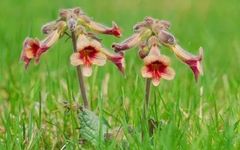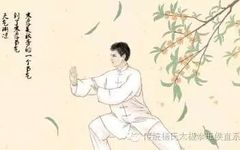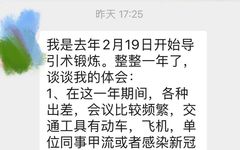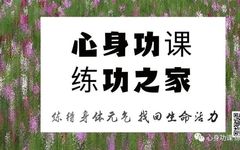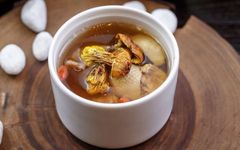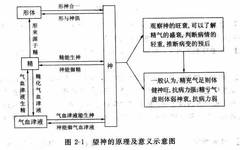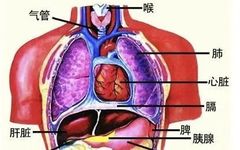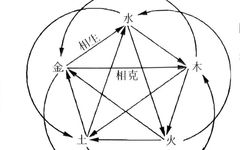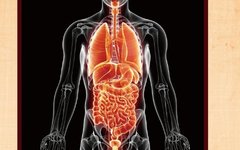Traditional Chinese Medicine: Blood Nourishing Herbs – Prepared Rehmannia Root
Blood Nourishing Herbs Prepared Rehmannia Root (Shúdìhuáng) Illustration of Chinese Herbs Prepared Rehmannia Root – Original State Prepared Rehmannia Root – Medicinal Material Source “Bencao Shiyi” Alias Shudi, Fudi, Dashudi, Shudi Tan Scientific Name Radix Rehmanniae Preparata, Prepared Rehmannia Root Medicinal Use This product is a processed form of raw Rehmannia Root. It is prepared … Read more

